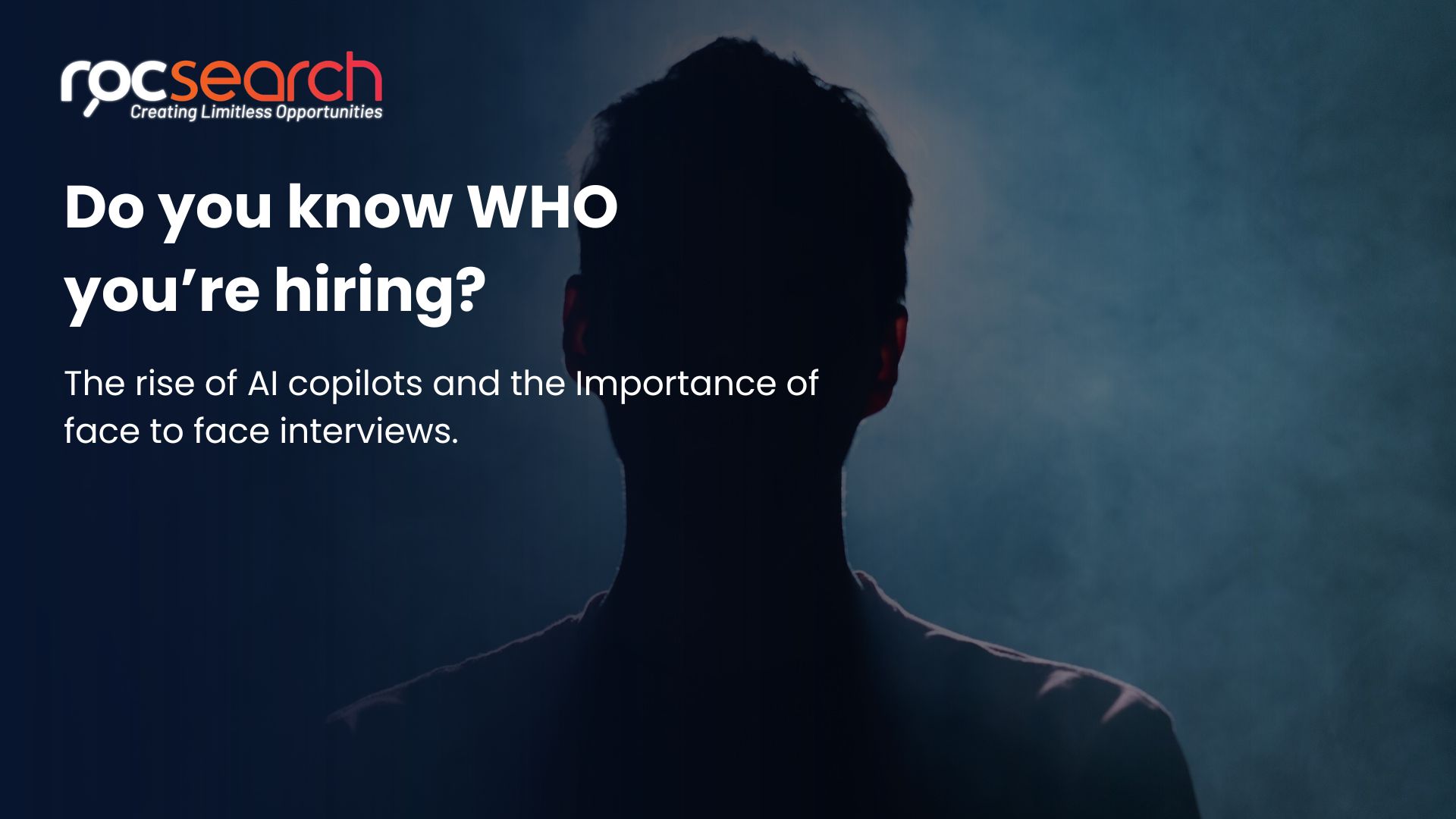
Why (good) managers are here to stay
21 Nov, 201810 minsWhen an email landed in my inbox from LinkedIn with the subject line ‘The jobs that ar...

When an email landed in my inbox from LinkedIn with the subject line ‘The jobs that are safe from automation’, I was intrigued to find out more. We know only too well that many jobs – mine included – are likely to be affected in some way by the relentless charge of technology.
In recruitment, artificial intelligence (AI) and machine learning is already changing the way we operate as an industry. There are tools that can read job descriptions and match candidate CVs at lightning quick speeds and with incredible levels of accuracy. We have robots that can carry out phone interviews and chatbots for engaging and welcoming candidates. These are just a handful of examples off the top of my head.
The link took me to an article by Kai-Fu Lee, a former president of Google China, in which he listed the top 10 professions that are safe from the AI onslaught – at least during the next 15 or so! Among these occupations, which included the likes of psychiatry and teaching, there were two that particularly caught my eye: ‘AI-related research and engineering’ and ‘Management’.
The one I want to focus on is the second of the two but the reason that Mr. Lee includes the first is worth reiterating. All branches of AI research and engineering will require specialist skill sets. And the consensus of the research that I’ve been reading is that jobs created will outnumber jobs displaced. So, it’s not all doom and gloom – not by any stretch.
Merits of management
I was pleased to see that management was included alongside fiction writing (I’ve got absolutely nothing against the Stephen King’s or JK Rowling’s of this world). We all know either from personal experiences or those of our colleagues and friends, that working for bad managers is not a healthy situation and is often cited as the top cause for employees quitting their jobs.
And it’s those key management and people skills that AI will never be able to replace. For as long as work is carried out by humans, we’ll still need leadership attributes to engage, motivate and inspire employees. To fulfil our potential, we need people to believe in our qualities and who can give us those opportunities to succeed. Good managers set the example for their teams and know how to get the best out of their people.
Skills like compassion, creativity and empathy will always have their place in the workforce. Robots or machines can’t communicate in the same way as humans. Neither are they as flexible when it comes to problem-solving nor can they build relationships with people and clients as we do. From the CEO down, we all need to work on our interpersonal or ‘soft’ skills, which are so vital not only in our business but personal lives too.
And as Mr. Lee points out, while “managerial work will continue to be done by humans…if a manager is merely a bureaucrat sitting behind a desk and giving employees orders, they will likely be replaced by other humans”. It’s not just technology that we need to worry about.




